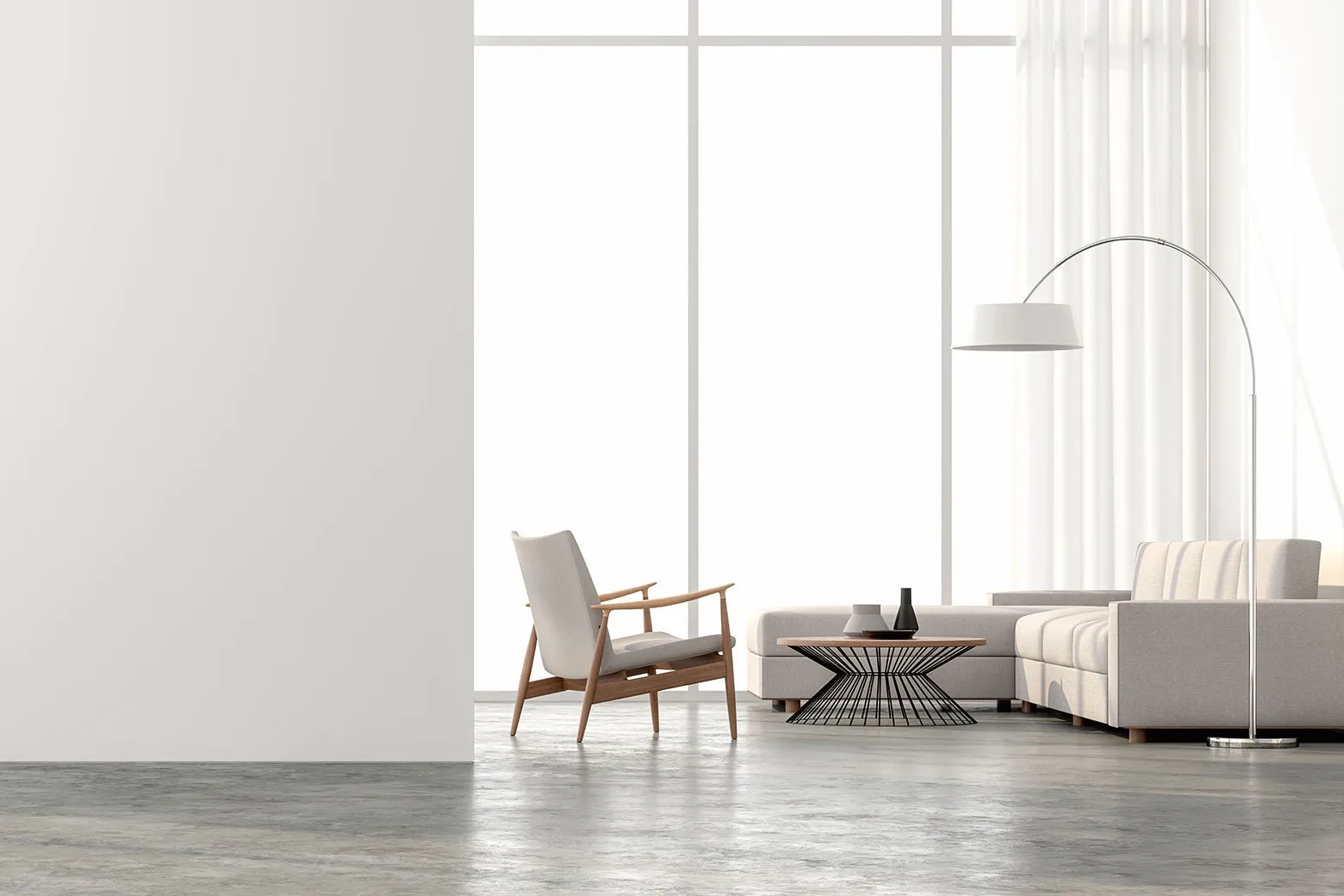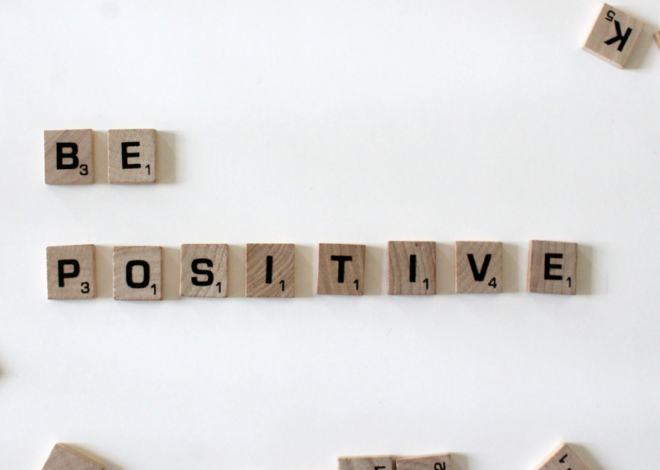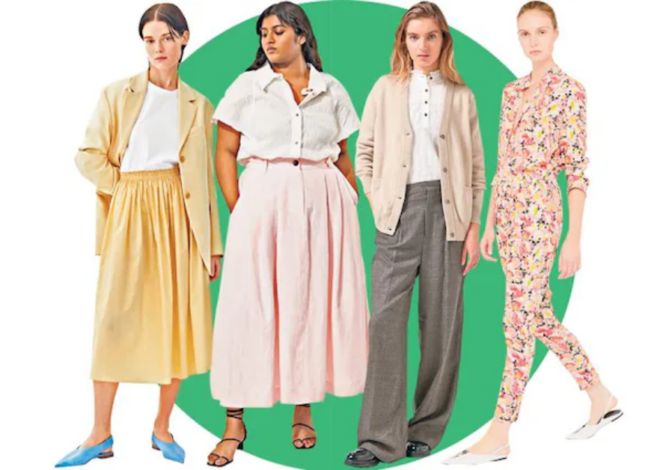
The Benefits of Minimalism
Minimalism is more than just a trend; it’s a lifestyle choice that encourages simplicity, intentionality, and mindfulness. By reducing clutter and focusing on what truly matters, minimalism offers a pathway to greater peace of mind, financial freedom, and environmental consciousness. In this blog, we’ll explore the key benefits of adopting a minimalist lifestyle and how it can positively impact different aspects of your life.
1. Less Stress, More Peace
One of the primary benefits of minimalism is the reduction of stress. A cluttered environment often leads to a cluttered mind, making it harder to focus and relax. By simplifying your space and possessions, you create a calming atmosphere that promotes mental clarity and peace. Letting go of unnecessary items can relieve the anxiety associated with mess and disorganization, giving you more control over your environment and your life.
2. Financial Freedom
Minimalism encourages you to be more intentional with your purchases. Instead of buying things impulsively or out of habit, you begin to focus on purchasing only what you truly need and value. This shift in mindset can lead to significant financial savings, as you spend less on material goods and more on experiences that bring joy and fulfillment. By eliminating the urge to keep up with trends or accumulate excess belongings, you’ll also free yourself from the pressures of consumerism.
3. More Time for What Matters
Owning fewer possessions means spending less time maintaining, cleaning, and organizing your things. Minimalism allows you to focus your time and energy on activities that truly matter—whether that’s pursuing a passion, spending quality time with loved ones, or practicing self-care. The mental and emotional space you create by letting go of excess allows you to be more present and intentional with how you spend your time.
4. Improved Focus and Productivity
A clutter-free space can lead to improved focus and productivity. When you remove distractions from your environment, you can concentrate better on the tasks at hand. Minimalism encourages you to prioritize what’s most important, which can help you achieve your goals more efficiently. Whether it’s at work or in your personal life, the simplicity of a minimalist approach enhances your ability to stay on track and get things done.
5. Environmental Benefits
Minimalism and sustainability often go hand in hand. By consuming less and being mindful of your purchases, you reduce waste and your environmental footprint. Minimalists often choose quality over quantity, opting for eco-friendly and durable products that last longer. This shift away from mass consumption supports a more sustainable and ethical lifestyle, benefiting both you and the planet.
6. Greater Gratitude and Contentment
Minimalism fosters a sense of gratitude by helping you focus on what you have rather than what you don’t. When you let go of the desire for more possessions, you become more appreciative of the things and experiences that truly bring value to your life. This sense of contentment can lead to greater happiness, as you’re no longer caught in the cycle of always wanting more.
Conclusion
The benefits of minimalism go beyond just having a tidy home. It’s a lifestyle that brings mental clarity, financial freedom, and environmental responsibility. By embracing simplicity and focusing on what truly matters, minimalism can help you lead a more intentional, meaningful, and fulfilling life.



